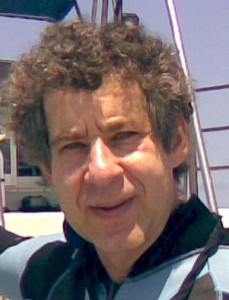
What the World Can Learn From DynCorp
In the past, Dyncorp has come in for criticism for its work in Iraq and Afghanistan. While deserved, that is hardly the end of the story. It is also important to remember that DynCorp has also done great, no, make that outstanding, work. That would be its, relatively unheralded, work in Liberia.
It is not important for what it says about DynCorp per se, but for what it says about the ability of a private military company to fulfill its potential. It was this potential, which the world first glimpsed back in the late 1980s and early 1990s when the old South African-based Executive Outcomes fought in Angola and Sierra Leone, and when MPRI operated in the Balkans, that got me interested in researching and writing about PMCs.
For those who don’t remember, Liberia is the West African country that was founded by United States colonization while occupied by native Africans. In 1980 a military coup, led by Master Sergeant Samuel Doe, overthrew its leadership, marking the beginning of political and economic instability and two successive civil wars. Doe, in turn was overthrown by a rebel group led by Charles Taylor in 1990. From 1989 to 1996 one of Africa’s bloodiest civil wars ensued, claiming the lives of more than 200,000 Liberians and displacing a million others into refugee camps in neighboring countries. These wars resulted in the deaths of between 250,000 and 520,000 people by mid-2003 and devastated the country’s economy. A peace agreement in 2003 led to democratic elections in 2005.
After the elections the United States contracted with DynCorp International to demobilize and rebuild the Armed Forces of Liberia and Ministry of Defense. This was the first time in 150 years that one sovereign nation hired a private company to raise another sovereign nation’s military.
Last November the U.A. Army’s Strategic Studies Institute published the monograph Building Better Armies: An Insider’s Account of Liberia by Sean McFate, author of the forthcoming book, The Modern Mercenary: Private Armies and What They Mean for World Order. (Full disclosure: I’ve met McFate a few times over the years)
Read full article with many quotes.



